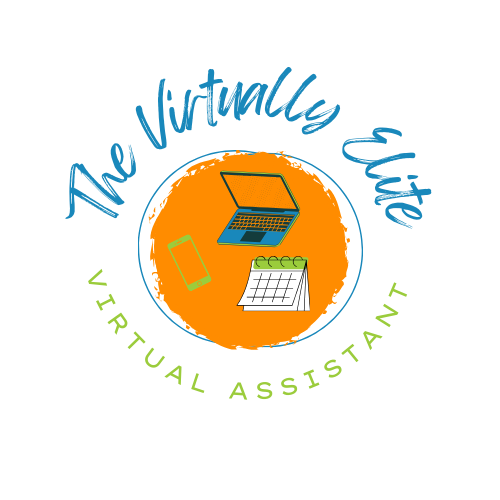Event Conceptualization:
- Develop event themes, concepts, and objectives in collaboration with clients or stakeholders.
- Brainstorm creative ideas to make each event unique and memorable.
Budget Management:
- Create and manage event budgets, ensuring cost-effective solutions.
- Track expenses and provide regular budget reports.
- Negotiate contracts with vendors and suppliers to get the best rates.
Venue Selection:
- Research and select suitable venues for the event.
- Conduct site visits and assessments to ensure venue suitability.
- Coordinate venue logistics, including layout, seating, and accessibility.
Vendor Coordination:
- Identify and hire vendors, including caterers, decorators, audio-visual technicians, and entertainment.
- Manage vendor contracts and ensure timely delivery of services.
- Communicate event requirements and timelines to vendors.
Logistics and Operations:
- Develop detailed event timelines and schedules.
- Coordinate event setup, including décor, seating, lighting, and sound.
- Oversee event teardown and cleanup.
Guest Management:
- Create and manage guest lists and RSVPs.
- Design and send out invitations, both digital and printed.
- Coordinate travel and accommodations for out-of-town guests.
Marketing and Promotion:
- Develop and implement marketing strategies to promote the event.
- Design and distribute promotional materials, including flyers, social media posts, and press releases.
- Manage event registration and ticket sales.
Program Development:
- Plan event programs, including schedules, activities, and entertainment.
- Coordinate speakers, presenters, and performers.
- Create event materials such as agendas, brochures, and handouts.
On-Site Management:
- Oversee event setup and ensure everything is in place before guests arrive.
- Manage event staff and volunteers, providing guidance and support as needed.
- Address any issues or emergencies that arise during the event.
Attendee Engagement:
- Develop strategies to engage attendees before, during, and after the event.
- Implement interactive elements such as contests, social media engagement, and feedback surveys.
Technology Integration:
- Coordinate audio-visual equipment and technical support.
- Manage event technology, such as event apps, live streaming, and virtual event platforms.
Compliance and Permits:
- Ensure compliance with local regulations and obtain necessary permits.
- Coordinate with security and emergency services to ensure event safety.
Post-Event Activities:
- Conduct post-event evaluations to gather feedback from attendees and stakeholders.
- Analyze event success and identify areas for improvement.
- Prepare and distribute post-event reports.
Team Collaboration:
- Work closely with internal teams and departments to ensure seamless event execution.
- Communicate regularly with stakeholders to provide updates and gather input.
